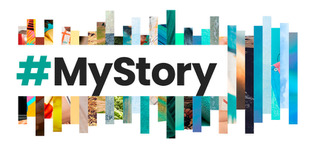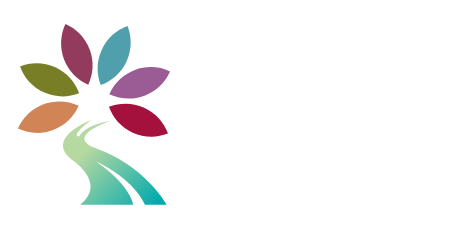A safe space for the young, online

For Grace*, a 20-year-old international student from Nigeria, moving halfway around the world to study in Ottawa became a harrowing experience. She felt isolated, profoundly anxious, lacked social supports and had suicidal thoughts.
When she finally got the chance to cathartically express her deepest fears and feelings through her first online counselling session, with youth mental health social worker Ose Omoregie, Grace ended the session by simply saying: “Thank you for listening.” She hasn’t missed an online appointment since that day. The online sessions are her safe space to work through some very deep mental health issues.
When Upstream Ottawa Mental Health Community Support started a new program to support Black youth with mental health and substance-health services, delivered by Black mental health professionals, it was in the middle of the COVID-19 pandemic. Many young people were socially isolated, sometimes experiencing alarmingly severe decline in their mental health and substance-use health. Delivering the service online
was essential, due to the restrictions on in-person contact, but also the fact that for many young people, using their phones and laptop computers is their first choice for communication. Upstream built a self-referral portal on the new Substance Abuse Program for African Canadian and Caribbean Youth (SAPACCY) program webpage. The portal provides contact information for families and clients, who are between the ages of 12 and 29, and who are interested in receiving support from Black clinicians. It’s through this portal that Grace made her first contact with Upstream, booking an initial 45-minute get-to-know-you counselling session, through the online calendar.
About half of SAPACCY’s youth meet with their case workers online. Online service gives the young person control and privacy. They turn on their phone or computer to engage with the social worker, they can turn on their video — or choose not to. The client can close the door to have the session, or walk into a park using headphones.
Ultimately, they have the autonomy and power to choose how they want to receive support. “Online is a way for these young people to plug in and get connected, privately, to do things on their own terms and be vulnerable… It’s mental health and substance-use support delivered in a way that they have the control,” says Ms. Omoregie.
For Upstream, the online future holds great promise: The possibility of an online support group for young people, who often feel that they are alone in experiencing a mental illness or substance-use crisis; the ability to serve young people from small communities across Ontario, who have no access to Black mental health professionals in their communities; the chance to improve the online experience by making it more interactive.
Grace has made great improvements to her mental health, talking about thoughts and feelings she had never felt comfortable openly discussing, and personally discarding the stigma of mental health challenges. Working with Ms. Omoregie, who shares the same Nigerian heritage, helped Grace to open up and be more vulnerable. She was talking with someone who understood the cultural stigma, and the unfamiliarity associated with talking about your feelings, or sharing your negative experiences with others — even her own sisters. She has learned coping techniques: using breathing exercises, using a calming app, watching a movie, dancing, or somehow stimulating the senses to raise her mood. Grace is so grateful for the help she’s received that she wanted to give a gift. Ms. Omoregie told her that she had already given her a gift. She was getting better.
*Grace’s real name is not used, in order to protect her privacy.
Anthony's Story
Dear Upstream, My name is Anthony M and I am a former client. I lived at the Flora Street (group home) for about 6 years. I have struggled with mental health issues for most of my life.
Ruth's Story
